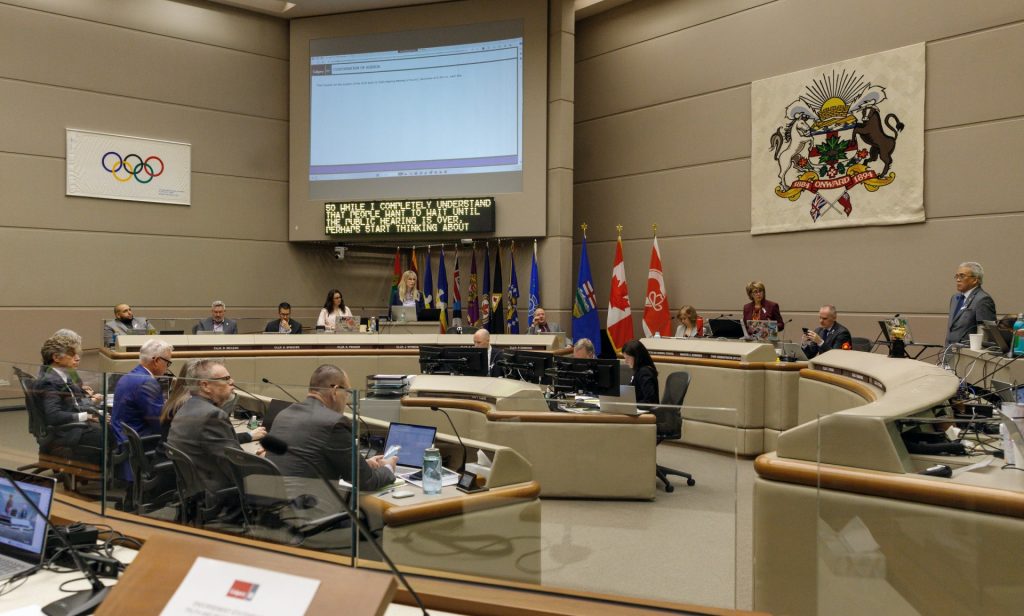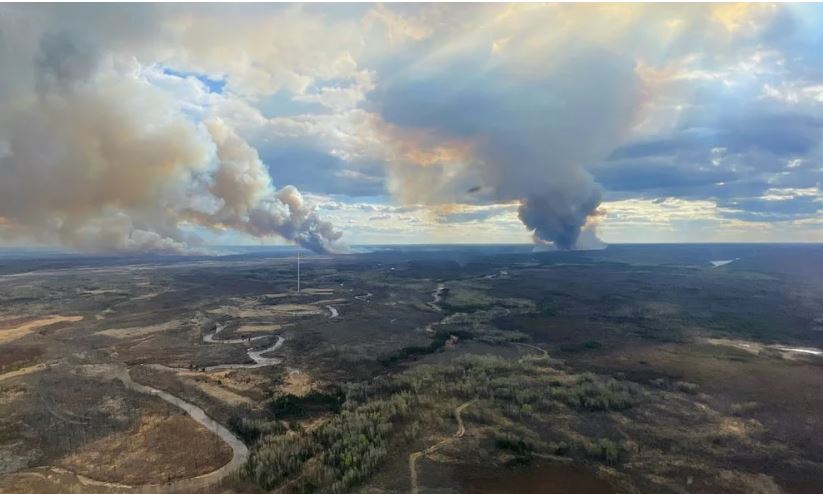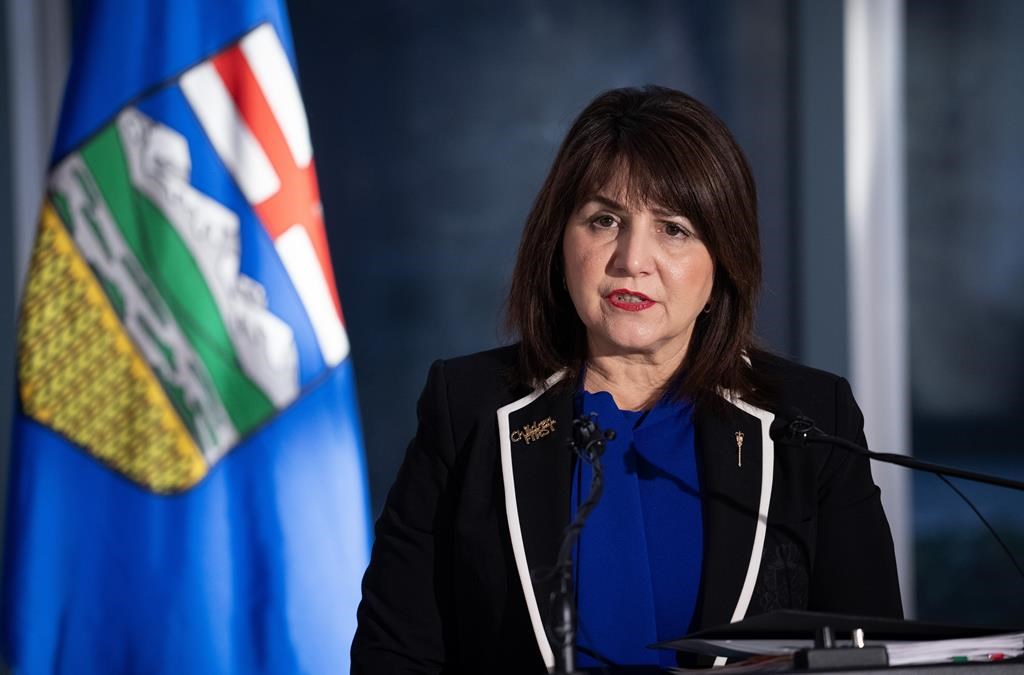Dynamic approach is needed for vaccination of homeless population: Advocates
Posted May 7, 2021 6:13 pm.
Last Updated May 7, 2021 7:14 pm.
CALGARY (CityNews) — Calgary’s homeless population is eligible to get the COVID-19 vaccine – but some in the social sector say they’re hearing from this population there’s some hesitancy to get it.
“Folks who have lived homeless have experienced a great deal of trauma and so they have mistrust of the healthcare system so they don’t feel comfortable going to typical places where you and I would, like your local pharmacy,” said Joy Bowen-Eyre, the chief executive officer of The Alex.
The homeless population is part of phase 2C in Alberta – which began on April 12. In late April, vaccines became available in shelters. But even still, Bowen-Eyre says relationships are key in this rollout.
READ MORE:Men versus women vaccination disparity
“(Thursday) we heard a beautiful story about a 68-year-old man who had booked a vaccine appointment five times and had support to get there, but there was that vaccine hesitancy that we hear about,” she said. “But when we took our team to where he was, he was instantly more open to getting a vaccination. And we were able to relieve fears, treat him with respect and dignity. Our team was able to vaccinate him and others as well.”
Meanwhile, Chaz Smith with #BeTheChangeYYC, says there are some anti-restriction faith groups who are also fostering mistruths about the vaccine.
“They’re setting up tables, not social distancing, feeding the homeless and not wearing PPE, while you’re preaching these conspiracy theories – that’s a huge concern,” Smith said.
“What people experiencing homelessness understand about the vaccine might be further behind and that might contribute to some concern.”
READ MORE: Alberta reports 1,980 new COVID-19 cases, province approaches 1.8M vaccines administered
Meaghon Reid with Vibrant Communities Calgary thinks this rollout should have been at a higher priority, and this approach needs to become more dynamic.
“There’s a lot of evidence worldwide about bringing vaccines to the people – pop-up clinics, going to where they congregate, making it easy, taking out barriers like transit and making it comfortable and culturally appropriate,” Reid said. “We know it will absolutely increase the uptake of vaccines in our city.”










